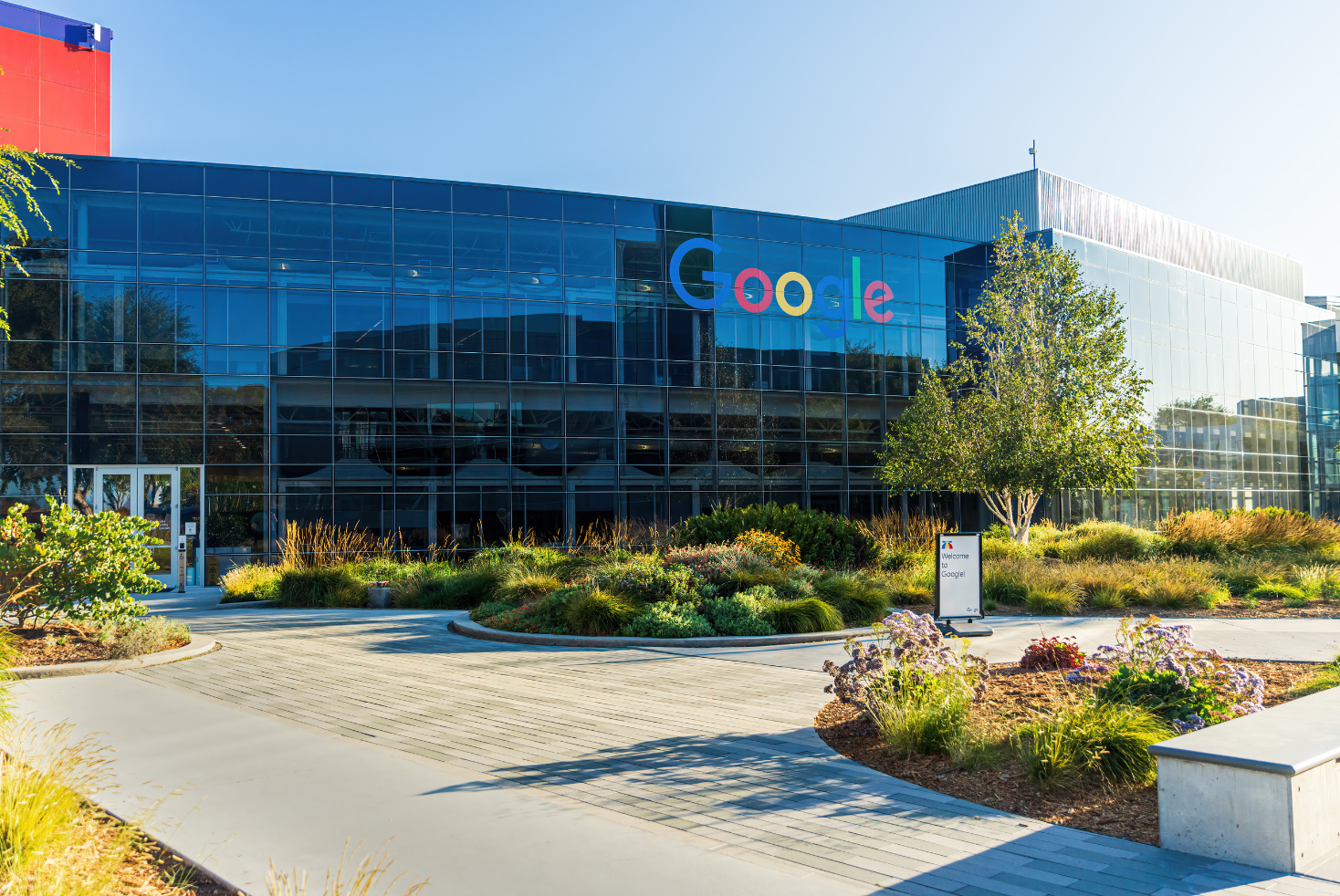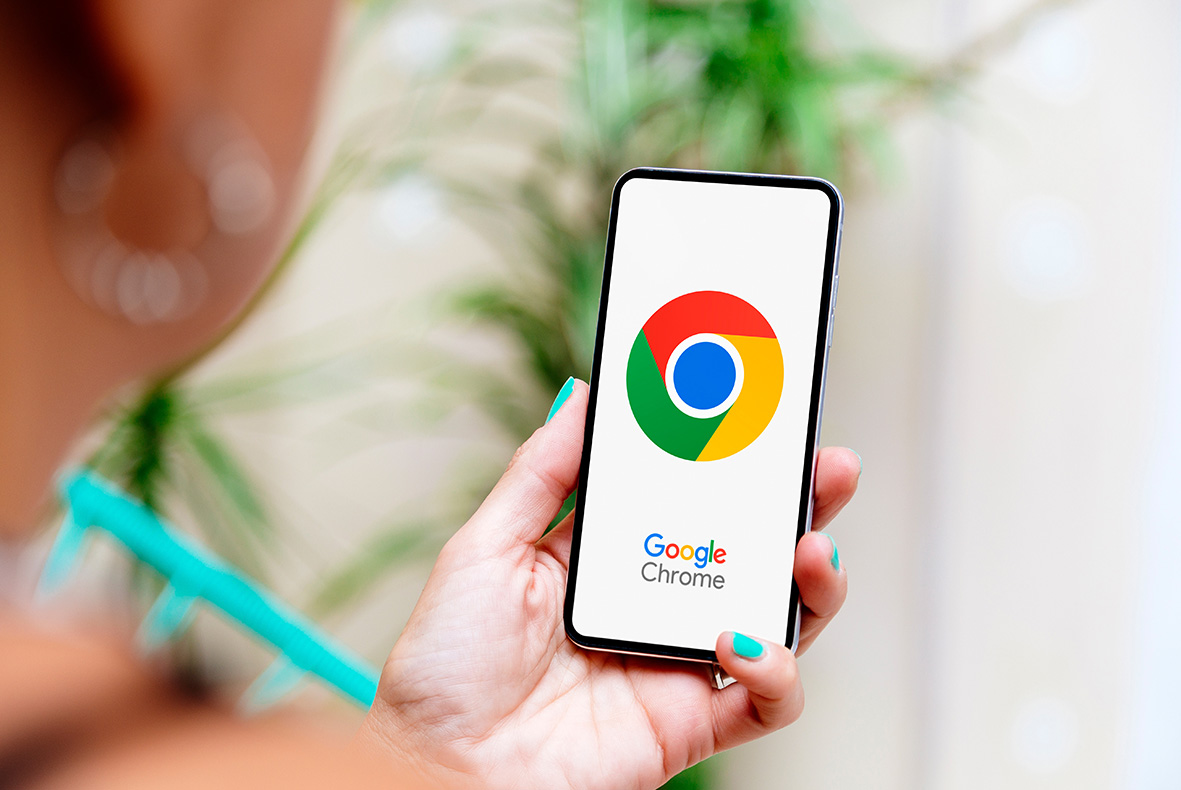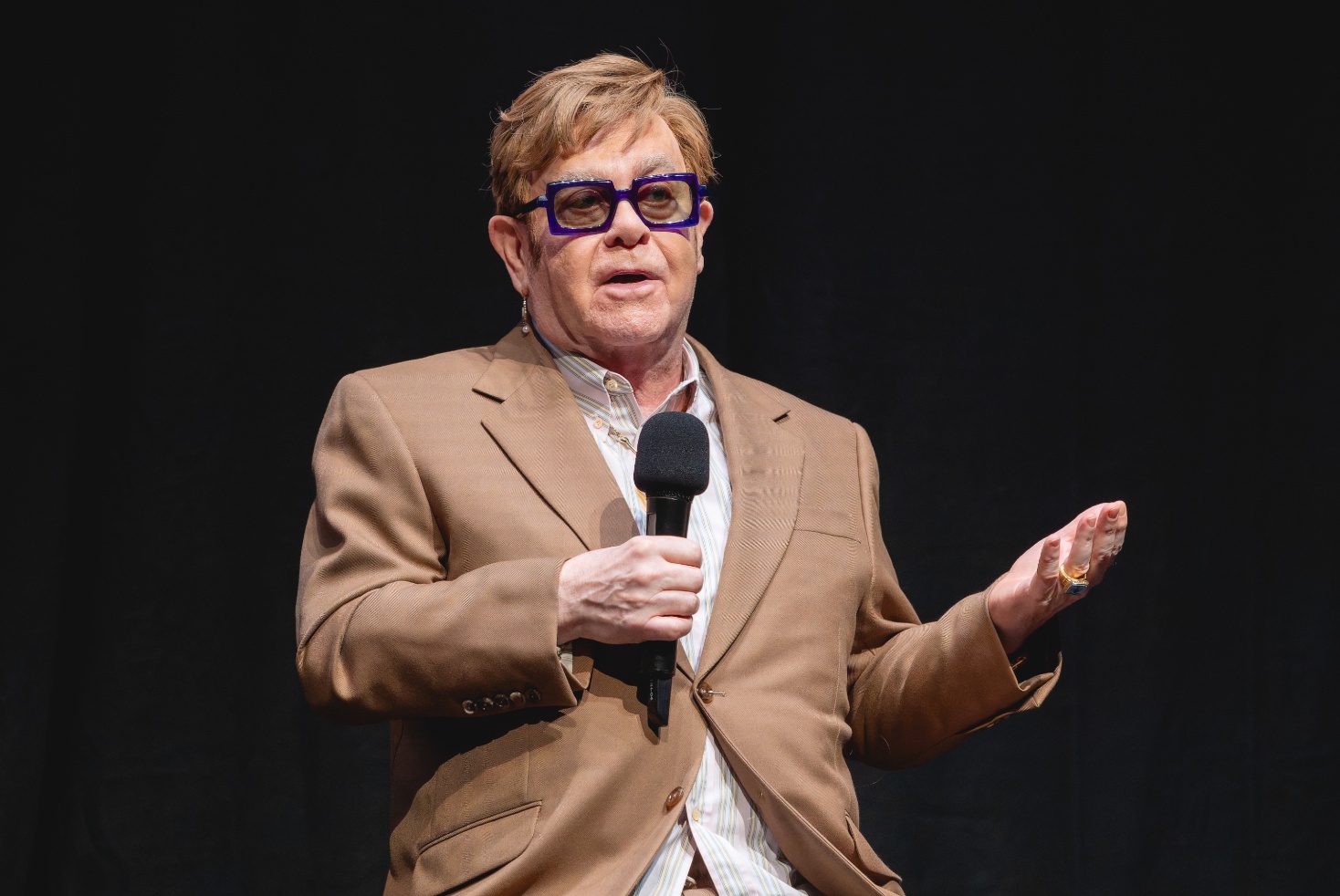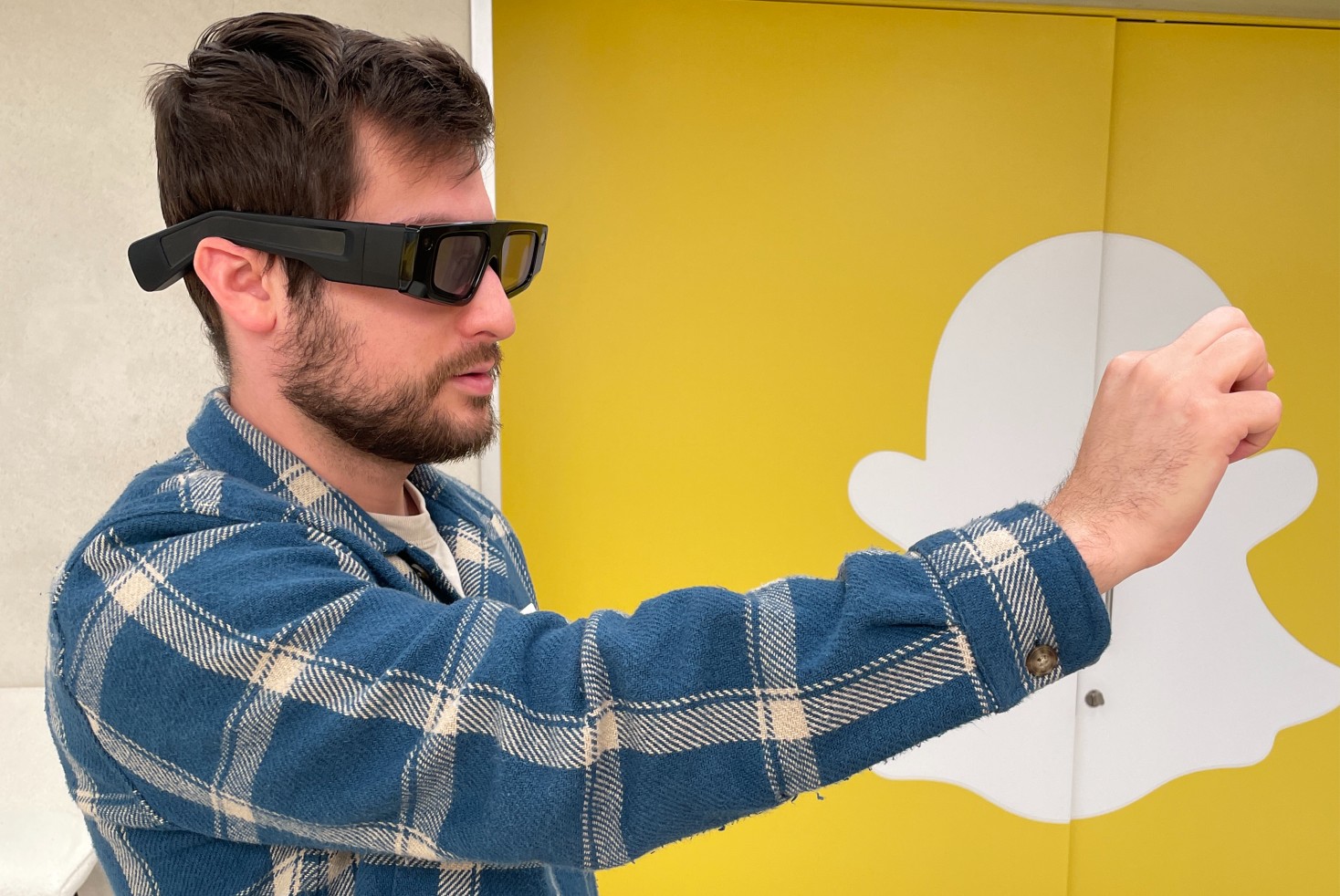The behavioural consultants speak to host Jack Benjamin about whether attention spans are truly shortening and why we still use social media even when so many agree it’s a negative force on society.
How publishers can insulate themselves against AI search by leveraging content in new, more powerful ways.
Advertisers should be dismayed. Instead, Google’s victory in court proves how deeply our industry has normalised monopoly.
The decision by a US district judge has sparked debate around whether enforced remedies will go far enough in tackling Google’s search monopoly and the implications for the wider digital ad ecosystem.
Havas Media Network UK’s chief digital officer speaks to host Jack Benjamin about how AI search will make upper-funnel brand strategies more important and why publishers would be wise to lean in to the new era of search even if it puts them at a disadvantage.
The Professional Publishers Association has proposed the CMA introduce conduct requirements for Google and others around transparency and clear attribution.
We might soon treat high-performing organic content as searchable assets and marketers may need to reframe how they evaluate performance. The walls are coming down.
Publishers without a sufficiently diversified business model — and strong brand affinity — face sharp declines in revenue without reliable referral traffic. The same is true for brands’ websites and KPIs will need to change.
Any improvements in measurement should be welcomed. But what if Barb’s development does more harm than good? Does reporting on just 200 channels actually say anything?
Barb data has delivered the TV industry a new narrative about UK YouTube audiences. Will it change advertiser behaviour?
The world-first initiative comes with caveats but aims to provide much-desired independent measurement of some of YouTube’s most-popular channels. Initial findings suggest top channels skew toward very young children and maintain middling audience figures on UK TV sets.










